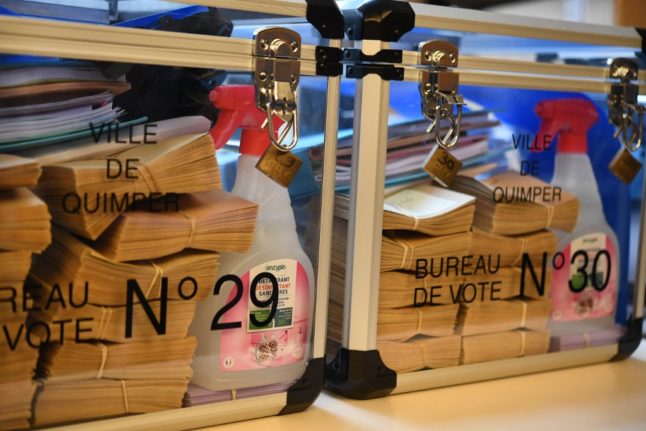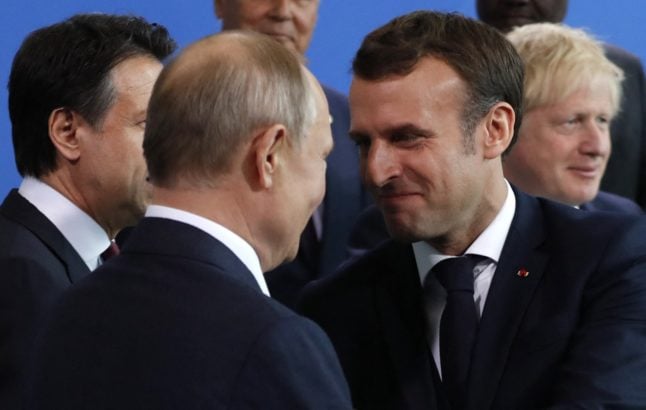When?
The mandate of current incumbent Emmanuel Macron runs until May 13th, 2022.
French presidents are elected for a five-year period (reduced from seven years in 2000) and presidents may serve no more than two consecutive terms in office. The set period in office means that elections are held on pre-scheduled dates, as in the USA, rather than called at a date to suit the country’s leader, as in the UK.
Polling days will be on April 10th for the first round and April 24th for the second round. As is usual in French elections, both polling days are Sundays.
How?
Voting in French presidential elections is held in two rounds.
Voters can cast their ballot for any of the legally declared candidates in the first round. If no candidate wins a clear majority of 50 percent or more of the vote then a second round of voting is held two weeks later where voters go back to the polling booths and cast their vote for one of the two candidates who took the most votes in the first round.
Who?
This is of course the million-euro question – who is standing in 2022? With eight months to go until the election several candidates have already declared their intention to run and opinion polls are weighing up the chances of the likely candidates – however the official list of candidates is not actually published until around seven weeks before the election.
In order to be listed on the ballot paper, candidates must secure at least 500 signatures from local or national elected officials (eg MPs, local mayors) and those officials must represent at least 30 different areas (départements or overseas territories) of France.
In reality of course, most people begin campaigning long before, but the official election campaigning period lasts just four weeks. During that time there are strict limits on how much each candidate may spend, while TV and radio stations must give strictly equal air time to all candidates.
Macron has so far not confirmed whether he will be a 2022 candidate and many of the major parties have not picked their candidates yet.
Who can vote?
To vote in a presidential election you need to be over 18 and a French citizen. EU citizens who are permanent residents in France can vote in local and European elections, but not presidential ones. If you are a foreigner who has taken French citizenship you can vote, while French nationals living overseas also get to keep their votes, and in fact have special MPs who represent the interests of French people living abroad.
You vote directly for your preferred candidate.
Who will win?
Good question! Probably the only thing that can be said with certainty about French presidential elections is that they are unpredictable.
Here is the expert analysis of columnist John Lichfield on the likely outcomes.



 Please whitelist us to continue reading.
Please whitelist us to continue reading.
Member comments